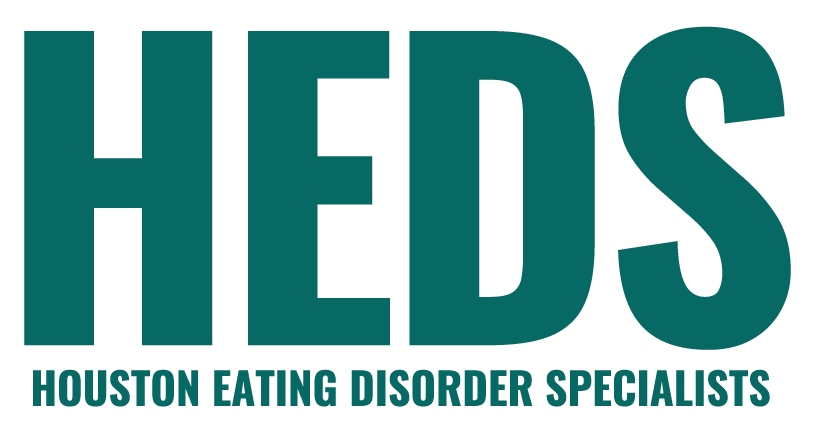Letter from the President
Also in this issue: [catlist name=fall-2013 numberposts=-1] Hello Colleagues, HEDS turned 4 years old in June! What a perfect time to reflect on our fantastic year full of growth and new experiences. Our 2012 professional meetings provided a wonderful venue for training while catching up with friends and enjoying delicious food. Thanks to our Vice … Read more
